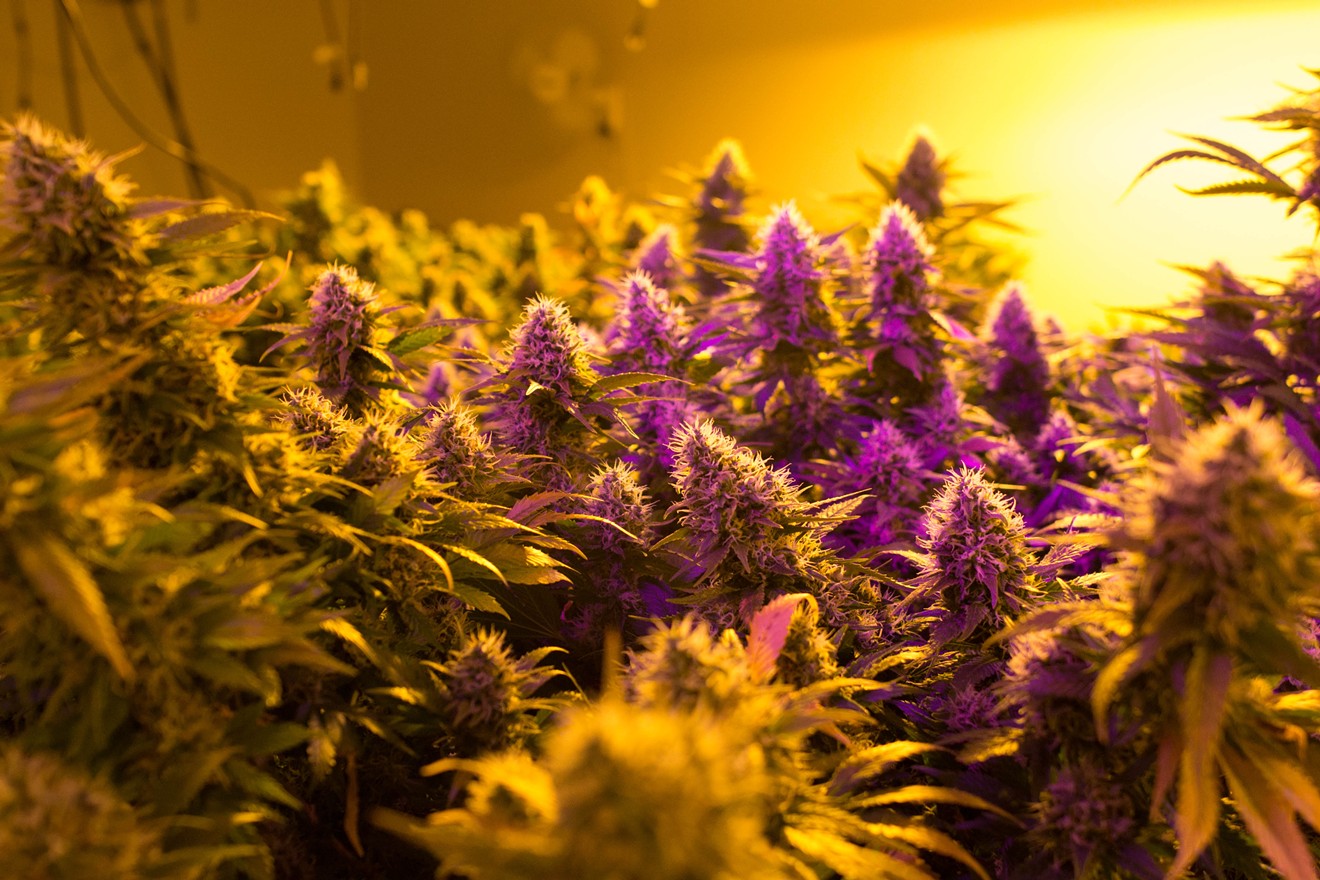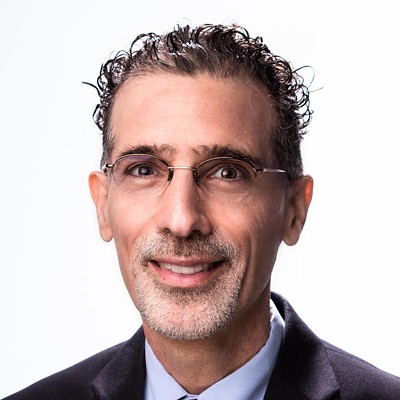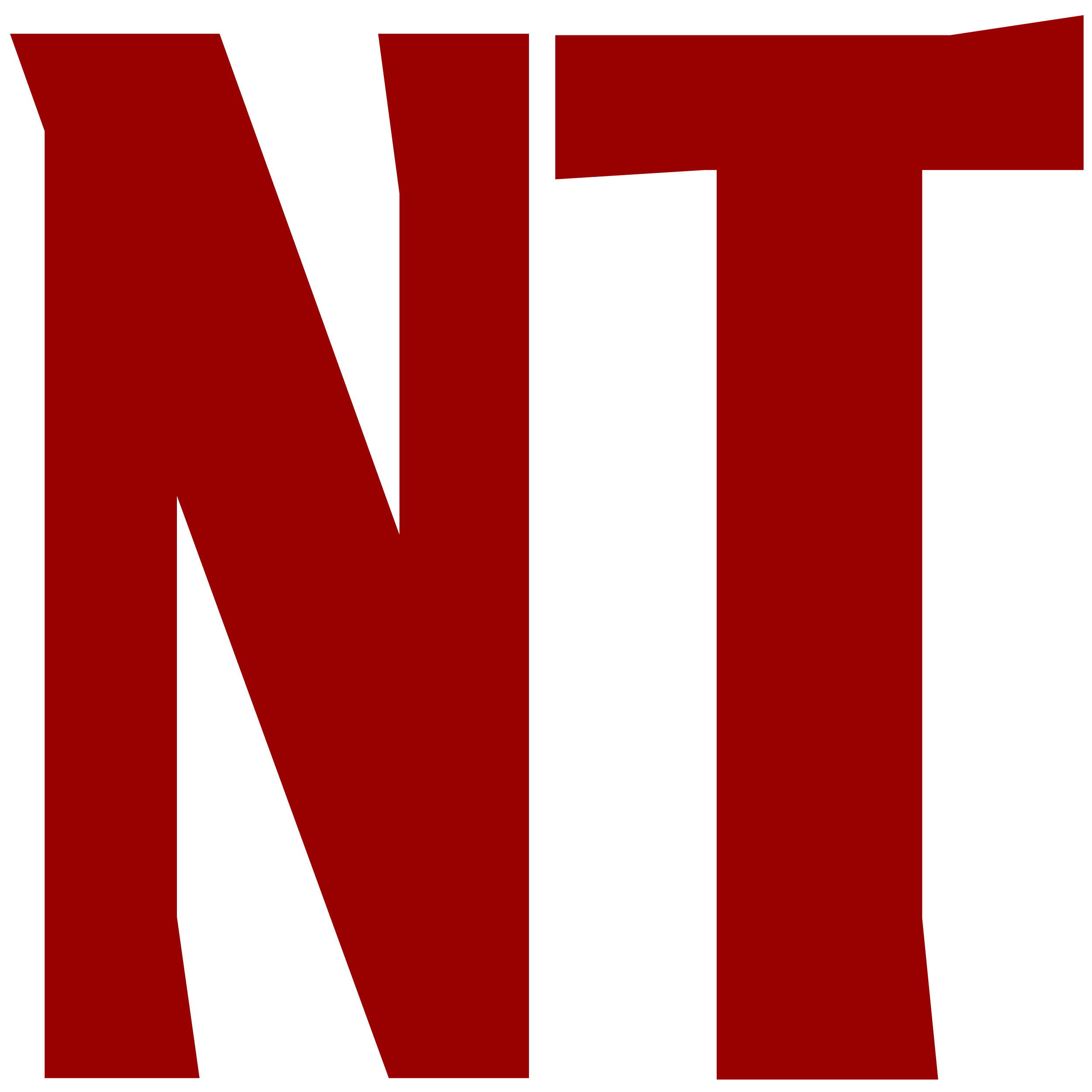Health and Human Services is suggesting the Drug Enforcement Administration (DEA) reclassify cannabis as a lower-risk drug by moving from it from the current Schedule I list, grouped with drugs like LSD and heroin, to a less heady Schedule III rank, on par with steroids or codeine — substances that the feds deem to have low to moderate potential for abuse.
"I can now share that, following the data and science, @HHSGov has responded to [the president's] directive to me for the Department to provide a scheduling recommendation for marijuana," tweeted Health and Human Services (HHS) Secretary Xavier Becerra – at exactly 4:20 p.m. on August 30.
The first contact high from Becerra’s tweet was on cannabis stocks. Florida-based cannabis giant Trulieve, one of the nation’s largest weed purveyors, saw its stock value leap 30 percent.
"Trulieve commends HHS Secretary Becerra for moving on the President’s October 2022 directive to review the scheduling of cannabis," Trulieve CEO Kim Rivers tells New Times. "This marks another historic milestone in the evolution of cannabis reform."
Since 1937, marijuana has been illegal at the federal level.
In 1970, President Richard Nixon went one toke over the line with the Controlled Substances Act, which one year later defined marijuana as having "no currently accepted medical use and a high potential for abuse," making cannabis the purple-headed stepchild in a family of more addictive Schedule I drugs.
Some 55 million American adults currently use marijuana, according to the National Center for Drug Abuse Statistics. Despite legalization of recreational marijuana in more than 20 states, movement on pot law reform on the federal level has been slow.
On the home front, more than 841,000 patients in Florida have medical marijuana cards, Florida’s Office of Medical Marijuana Use (OMMU) tells New Times. Pot dispensaries are now a ubiquitous business across the Sunshine State, though City of Miami commissioners persisted for years in stonewalling attempts to open one in the Magic City.
Last week, Florida's 588 dispensaries sold more than 11,000 ounces of medical marijuana, the OMMU said.
Gov. Ron DeSantis did not return an email from New Times seeking comment on the marijuana-scheduling development.
"With 38 states having already moved to allow medical or adult-use cannabis, it is time that the federal government finally take meaningful action to address the needs of our state-legal industry," Rivers said.
Placing the herb on a lower scheduling classification could pave the way for medical research, wider legalization, and budding profits for pot businesses, which have been constrained by tax burdens and legal concerns that only apply to Schedule I and Schedule II drugs.
The move would also give companies access to banking services.
"Currently, many financial institutions do not provide services to state-sanctioned marijuana businesses due to the federal classification of marijuana as a Schedule I controlled substance," according to the Secure and Fair Enforcement Banking Act of 2023, a Senate bill introduced in April.

Image from a medical marijuana office on Biscayne Boulevard in Miami-Dade County.
Photo by Theo Karantsalis
The agency has the final authority to schedule or reschedule a drug under the Controlled Substances Act (CSA).
"As part of this process, HHS conducted a scientific and medical evaluation for consideration by DEA," a Drug Enforcement Administration spokesperson tells New Times. "DEA will now initiate its review."
Vanderbilt law professor Robert Mikos says that obstacles remain to move marijuana to a lower drug schedule. He says the DEA has to respect HHS’s scientific judgments but also will consider "other factors that could prevent marijuana from being moved to Schedule III."
"Most notable among these is a provision of the CSA that requires the agency to schedule drugs in compliance with our international treaty obligations," Mikos tells New Times. "And the DEA has previously declared that international treaties would not allow moving marijuana to Schedule III, only Schedule II – which is still a change in the law, but a less significant one, given that Schedule II drugs are very tightly controlled."
Attorney and drug law expert Shane Pennington says that he believes the chances are high that the DEA will heed the rescheduling recommendation.
"While the treaty issue is in play here, I don’t believe it will ultimately dissuade DEA from accepting HHS’s recommendation," Pennington tells New Times.
Marijuana law reform group NORML argues that cannabis should be removed from the Controlled Substances Act altogether.
Taking weed off the scheduled drug list would help resolve conflicts between federal and state cannabis law and put cannabis on par with alcohol and tobacco in terms of deregulation, according to NORML.
"Just as it is intellectually dishonest to categorize cannabis in the same placement as heroin, it is equally disingenuous to treat cannabis in the same manner as anabolic steroids," NORML deputy director Paul Armentano said in a statement in response to news of HHS's letter recommending lowering marijuana's risk level.
"It will be very interesting to see how DEA responds to this recommendation, given the agency’s historic opposition to any potential change in cannabis’ categorization under federal law," Armentano said.
The HHS's move has been hailed by pot reform advocates and former inmates who served draconian sentences for non-violent weed offenses.
Legendary pot smuggler Robert Platshorn, who served what's believed to be one of the longest prison sentences on a first-time non-violent marijuana offense in U.S. history, did not survive to see the proposed reform take shape.
After his release from serving nearly 30 years of a 64-year sentence, Platshorn spent his time campaigning to end cannabis prohibition and promoting his South Florida "Silver Tour," where he gave senior citizens the straight dope on the benefits of medical cannabis. He passed away on April 1 at age 79, having spent half of his adult life in prison on pot charges.









